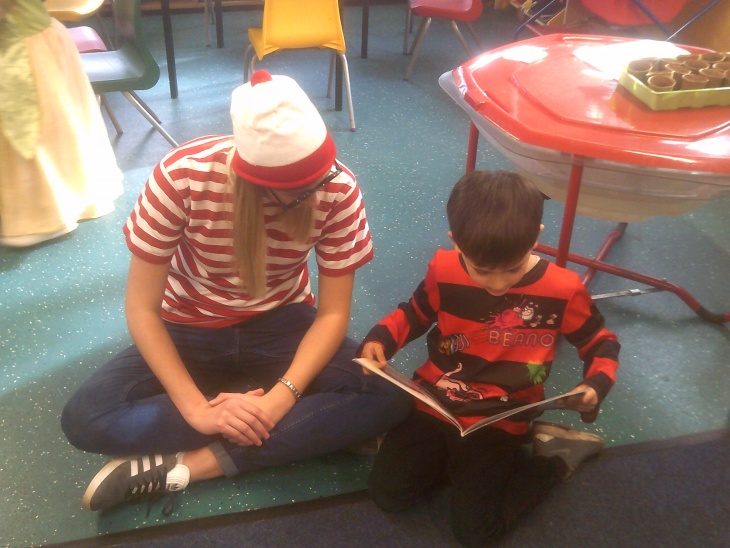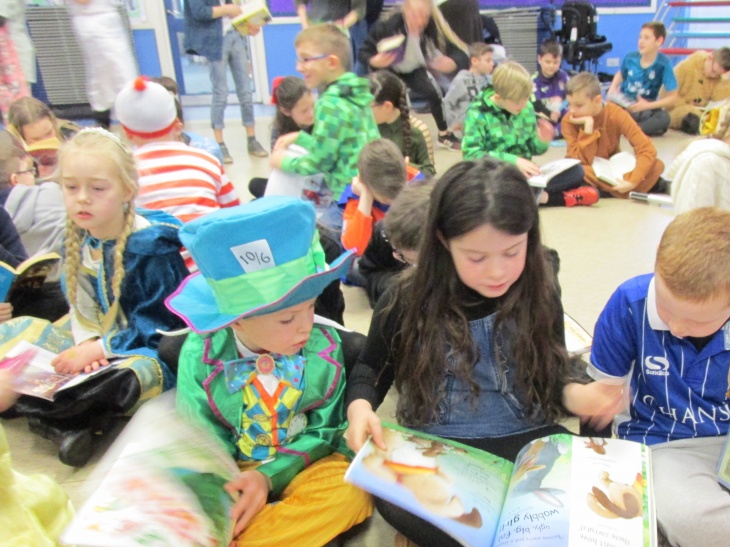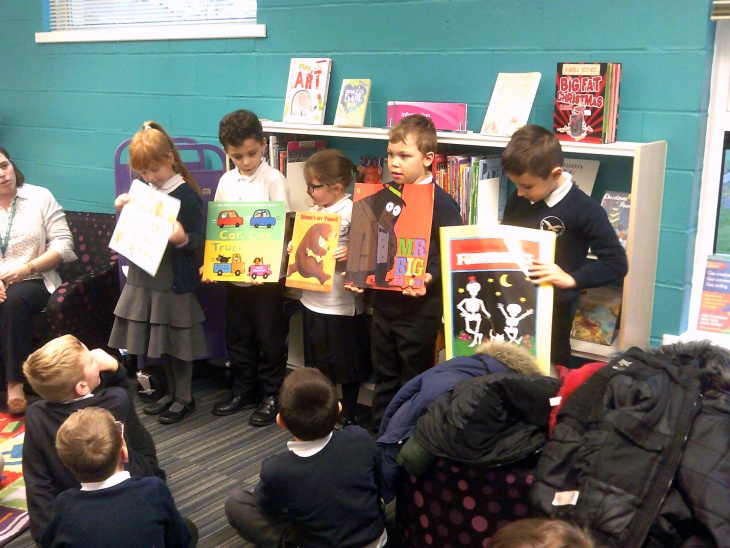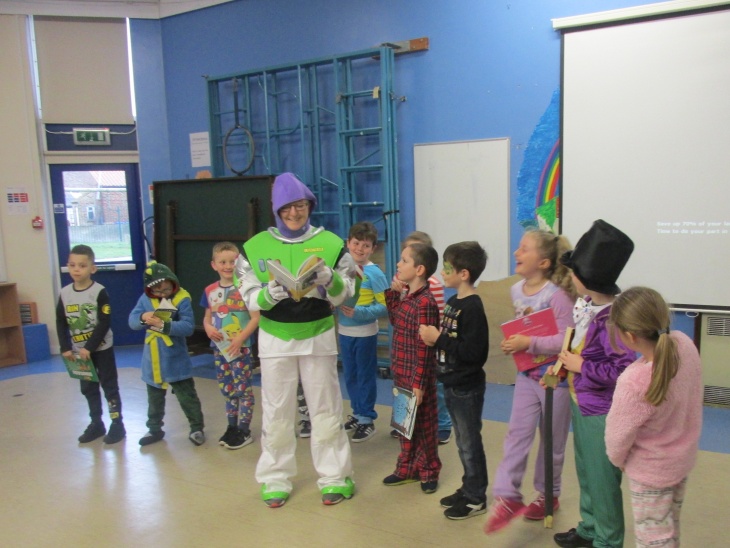Reading
We aim to create confident, fluent readers who will monitor their understanding of what they read and review the text to make sense of it. In lessons, pupils are explicitly taught the strategies to use including retrieval, inference, questioning, clarifying, summarising and predicting. Pupils develop skills in skimming, forming opinions, asking questions, inference, prediction and using prior knowledge. As pupils progress, they develop more independence in applying these skills when reading a range of texts across the curriculum.
At Flamborough school we want our pupils to have an interest in books and enjoy reading so we ensure that our pupils are exposed to rich and varied reading curriculum by ensuring that we select varied, relevant and challenging texts.
Phonics and Reading
Phonics and Reading are taught using Twinkl Phonics which ensures systematic coverage and progression. Phonics is started in EYFS where pupils are taught in small groups focusing on the children’s recognition of letter sounds and how to read and write these. Children use phonetically decodable books based on the phonics they have been taught and are able to choose from classroom books, and books from the Library Service, to read for pleasure.
Pupils are taught in small groups by trained staff and are assessed regularly to ensure that they are in the appropriate group for supporting and extending their needs.
Year 1 pupils take part in the statutory Phonics Screening during the summer term. Any pupil who does meet the expected standard at the end of year 1 is given the opportunity to take the screener again at the end of year 2.
Writing
The writing curriculum is designed to encourage high levels of engagement through having an interest in words and their meanings; developing a growing vocabulary in spoken and written forms. We allow pupils the time to explore and understand a range of text types and genres – be able to write in a variety of styles and forms appropriate to the situation.
Our lessons are planned to help children to develop the powers of imagination, inventiveness and critical awareness. We teach pupils to develop a deep understanding of the components of writing such as planning, drafting , sharing, evaluating, revising, editing and publishing.
Literacy unites the important skills of reading and writing. It also involves speaking and listening, discussion and reflection. Reading and writing are life skills, which enable us to make sense of our world. We aim for all children to become confident critical readers and writers with the capacity to express themselves through a variety of different literary activities.





